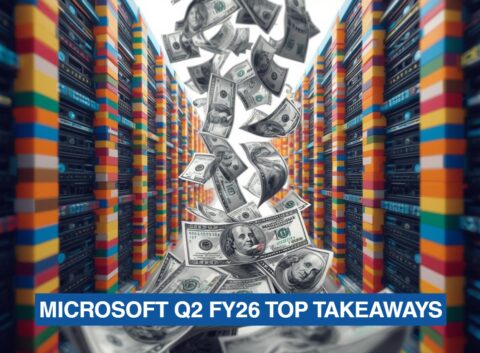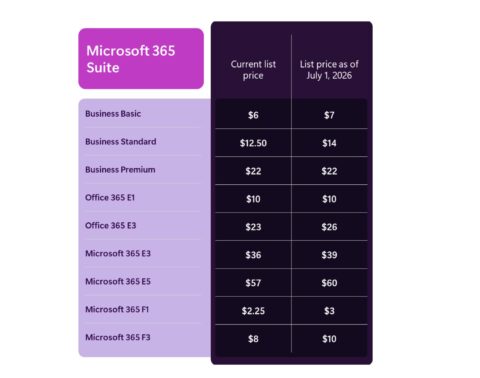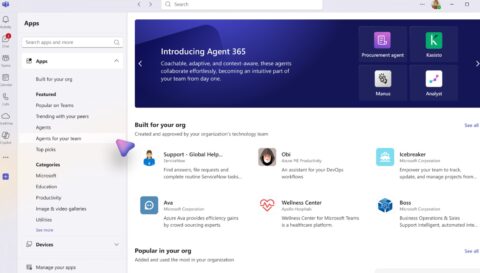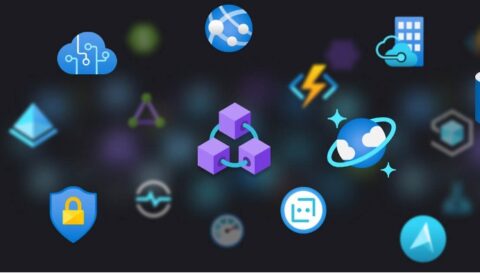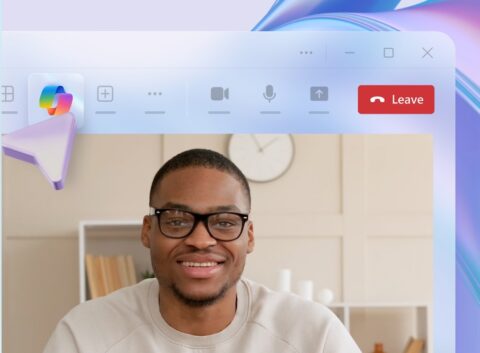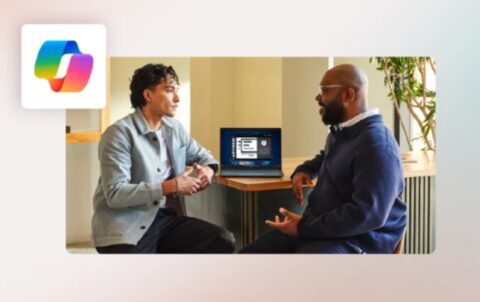September 26, 2025
BlogMicrosoft Begins Rolling Out More Model and Agent Options for M365 Copilot and Beyond
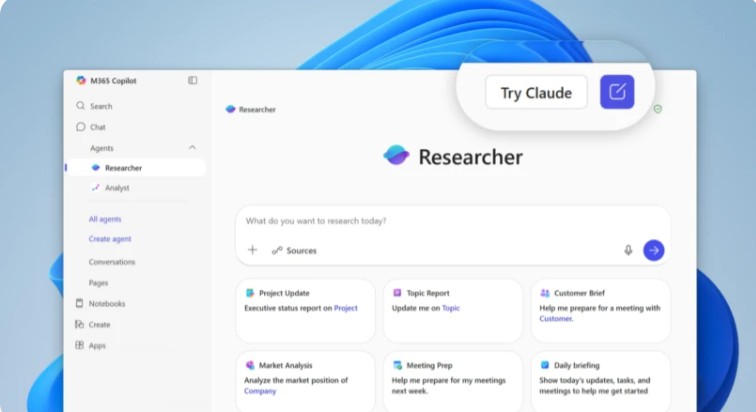
Microsoft is adding Anthropic’s models to Microsoft 365 Copilot, alongside the existing OpenAI models that are already at the heart of it. Microsoft is kicking off this process by adding Anthropic’s Claude Sonnet 4 and Claude Opus 4.1 as model choices for those using the M365 Copilot Researcher Agent and for those building agents in Microsoft Copilot Studio. Claude will be coming to more elements of M365 Copilot in the future, Microsoft says.
Some reports claim Microsoft is doing this because the company, via its own testing, has found Claude to generate better results than OpenAI’s GPT. Other reports claim Microsoft is expanding the available models as a way to protect itself against being too dependent on OpenAI. Microsoft’s official reason for the move: It “advances our commitment to bring the best AI innovation from across the industry to Microsoft 365 Copilot.”
Regardless of the reason, commercial customers interested in using Claude alongside and/or instead of GPT-based models in M365 Copilot and Copilot Studio definitely need to read the fine print. Because Claude is hosted on AWS, not Azure, by using Claude customers forego a lot of the protections they get when using OpenAI’s GPT and GPT-based solutions.
According to an article on connecting to AI models on Microsoft Learn:
“When your organization chooses to use an Anthropic model, your organization is choosing to share your data with Anthropic to power the features. This data is processed outside all Microsoft‑managed environments and audit controls, therefore Microsoft’s customer agreements, including the Product Terms and Data Processing Addendum do not apply. In addition, Microsoft’s data‑residency commitments, audit and compliance requirements, service level agreements, and Customer Copyright Commitment do not apply to your use of Anthropic services. Instead, use of Anthropic’s services is governed by Anthropic’s Commercial Terms of Service and Anthropic’s Data Processing Addendum.”
The Agent Rollout Parade Continues
It’s not just on the model front that Microsoft has been adding more customer choice. Last week, Microsoft provided an update on some of the many agents it first introduced in Nov. 2024 at its Ignite conference (or, in some cases, even before last Nov.).
Microsoft is building out a fleet of agents designed to be embedded in Teams, SharePoint and Viva Engage, among its other products. The company is trying to improve the value proposition of its Microsoft 365 AI tools by enabling them to work collaboratively, instead of only standalone as “personal” assistants, and is relying on agents to do so.
“Agents are where the value prop is,” said Directions on Microsoft analyst David Berry. “They are purpose-built, narrow focus like mobile apps and it’s easier to build a business case around with higher visibility and quantifiable returns in many cases. This makes them easier to point to and understand than an LLM (large language model).”
“It’ll be interesting to see if Microsoft keeps including them in the M365 license or move some out to the PAYG (Pay as You Go) model,” Berry added.
The company already rolled out its Researcher and Analyst agents and made them available for no additional charge to Microsoft 365 Copilot subscribers but limits a user’s combined queries to 25 per month. It also recently rebranded and repositioned its Finance, Sales and Service “role-based” Copilots and added them to Microsoft 365 Copilot subscriptions for no additional charge (rather than the $20 per user per month additional fee that some of them cost previously).
You Get an Agent… and You… and You
If you (like our analysts at Directions) thought keeping up with the Microsoft Copilot proliferation was challenging, buckle up for the agent onslaught.
Microsoft is advocating that there should be an agent for every Teams meeting, specifically the Facilitator Agent. Facilitator will be able to do things like create an agenda, take real-time notes, capturing and assigning tasks, creating documents, capturing ad-hoc discussions. Facilitator is now available to those with a Microsoft 365 Copilot license; the task management and documentation creation components are still just in public preview.
Microsoft also is pushing the idea that there should be an agent for every Teams channel. These Channel Agents can create status reports for projects; provide answers based on the channel’s previous conversations, meetings, plans; and stay up to date on the status of action items. Channel Agent is in public preview for those with a M365 Copilot license, with general availability scheduled to kick off in Jan. 2026.
And there also should be an agent for every community, in Microsoft’s world view. Viva Engage community members can test the Community Agent, meant to assist with proactive support, creating responses, and controlling posting responses. The Community Agent in Viva Engage is in public preview for those with a M365 Copilot license.
SharePoint is getting a Knowledge Agent, now in public preview, and due to start rolling out in Jan. 2026. Knowledge Agent can assist with content management, tagging and classifying files with metadata, improving sites and helping organize libraries. And a Project Manager Agent for Planner and Teams is coming, as well. This agent already is in public preview for those with a M365 Copilot license for Teams Meetings and Channels. As the name suggests, this agent helps create and keep track of plans and tasks.



